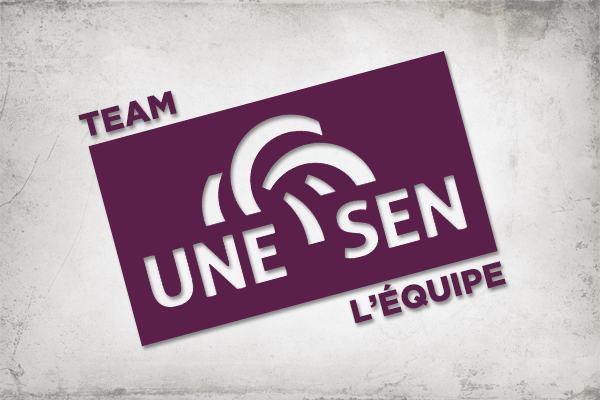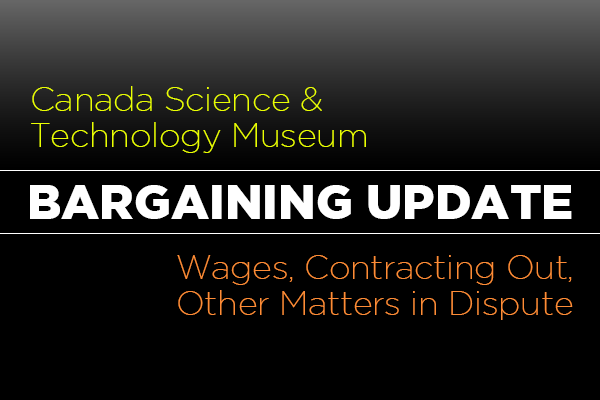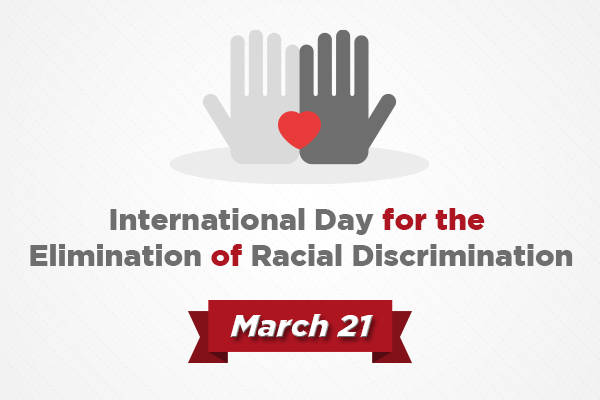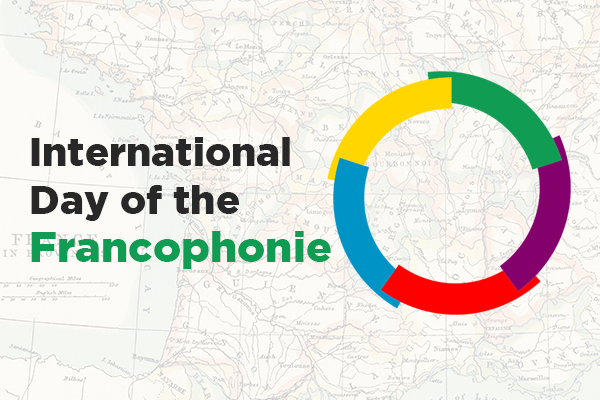
By Eddie Kennedy
You may have noticed that members in your workplaces have started receiving designation letters in the event of a strike during the current round of collective bargaining.
Both the number of letters being issued by Parks and the designations are different from what happened during the last round of collective bargaining. Since that time the Conservative government has made changes under Bill C-4; these changes have allowed Parks to identify a greater number of designates than previously.
Under the old legislation the Agency would propose a list of designated essential service personnel in the event of a strike. The Union would then review and challenge any positions that we felt were not necessary to maintain public safety. If we couldn’t reach agreement with the Agency, the outstanding positions would go to the Public Service Labour Relations Board ( PSLRB), an independent third party, for review and resolution.
Under the new legislation the Agency once again proposes its list of designated essential service positions and the Union can again challenge it. However, under this new legislation there is no third party to resolve any outstanding disputes. Parks can either change or reject our challenges to their list.
This has resulted in an increase of 60% to the number of people (1757) identified as essential services in comparison to the last round of negotiations.
In addition, under the old legislation there were 3 codes of designates:
Code 1 – Full time essential service
Code 2 – Replacement for any full time worker who was unable to perform their tasks due to illness etc.
Code 3 – Conditional essential services which are triggered by a condition such as an emergency. Part time essential service in the event of an emergency
Under the new legislation all designates are considered to be level 1 full time essential service – required to perform the full range of their job descriptions.
The Union is looking at ways to challenge this current legislation as it impacts on our rights to fair collective bargaining.
In the meantime we will ensure that the Agency sends a list of all essential service personnel to each respective local so that you will be able to identify these members in the event of a strike.
For more information, please contact Eddie Kennedy, UNE National Advisor on Parks Canada.








